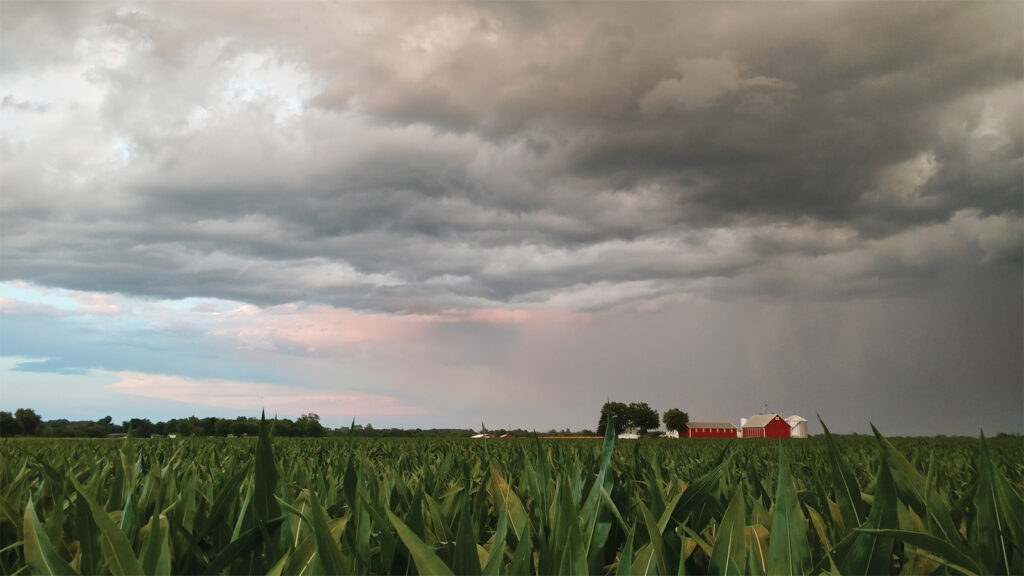You may have run across a popular poem, The Farmer by Amelia Barr, which ends every stanza with, “But the farmer must feed them all.”
Farmers, farm workers, and our rural communities face unique challenges that impact their mental well-being from the culture they have inherited. As a part of managing their businesses, farmers regularly navigate financial pressures driven by unstable fuel and commodity prices set by markets outside of their control, social isolation, and weather conditions that significantly impact the health of their livestock and their personal livelihoods.
This year much of the state is again seriously affected by drought. I hear my farm friends and relatives concerned about not having enough crop revenues to pay their annual expenses, likely for the second year in a row. Those not in the throes of drought are quietly thankful they received just enough rain to make a crop, but carrying guilt that they received the rain that their neighbors across the fence were desperately praying for.
In 1995 I moved to central Missouri to join a family farm. This was my first real taste of the pressures that arise in the conflict between agribusiness and nature. Every week I heard farmers agonize over when they should plant their crops, hoping they get the rain needed to make a crop but not so much rain to bring flooding.
We are socialized with the perception that farming is solely a physical job of resilient people. In the public eye, the music, stories, and public images overshadow the emotional toll farming takes. Consequently, issues such as stress, anxiety, depression, and even suicide rates within the agricultural industry are often overlooked.
In our family construction business, I was taught the secret to success was working hard. Inside farming it was simply known you would work hard, and it was obvious so many things were out of our control even with the best planning. In the hard times, you hoped your bank, your neighbors, and possibly your church would be there for you and help pick up the pieces. Never did I hear anything about the promotion of mental well-being or mental health in the farming culture. My peers attended National Farm Safety Week in school, but they weren’t taught they would be more than two times as likely to die by suicide than other professions.
Developing training programs that equip farmers and farm workers with stress-management techniques, coping mechanisms, and communication skills is vital. Agricultural organizations must step up in prioritizing mental health. Some of them have started to address some of these challenges, thanks to recent federal funding that flowed to Midwestern states, but this information is still not widely acclimated into the fabric of our farming communities.
It is imperative that we recognize the unique challenges faced by farmers and farm workers and provide them with the support they need. By dedicating resources, implementing policy changes, and building a supportive community, we can cultivate mental resilience in the agricultural sector. Burrell Behavioral Health supports prioritizing mental health in agriculture, not only for the sake of the farmers but for the future sustainability of food production — and the well-being of our society as a whole.

Mat Gass, LCSW, is the president of Brightli’s Central Region (Burrell Behavioral Health, Preferred Family Healthcare, Clarity Healthcare).










